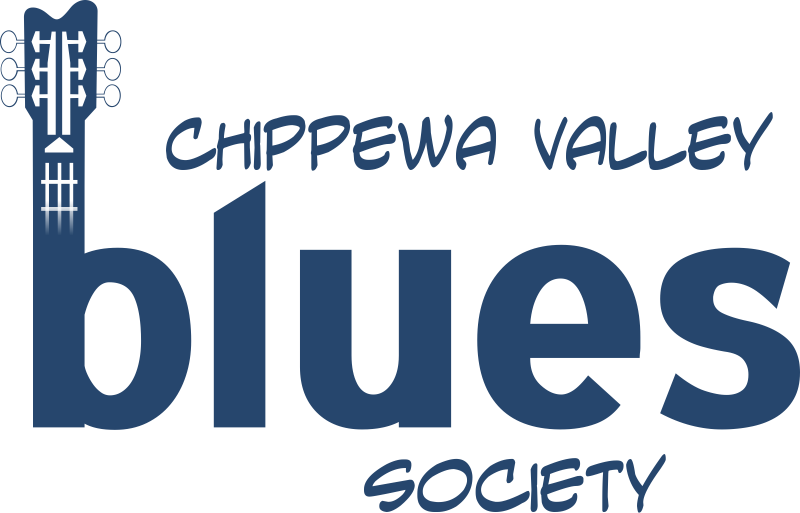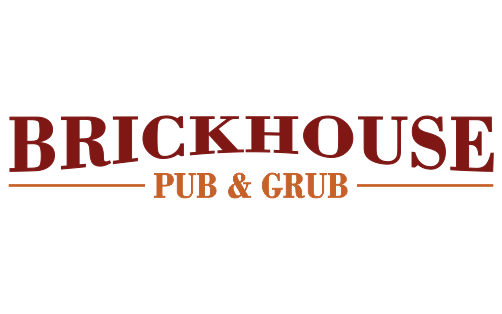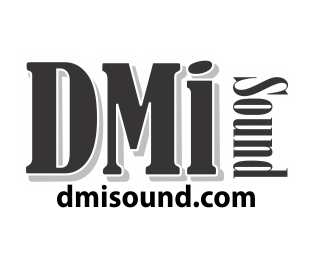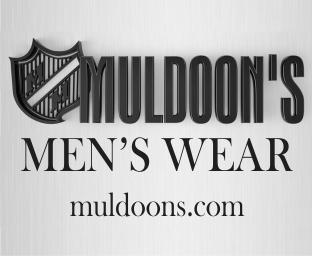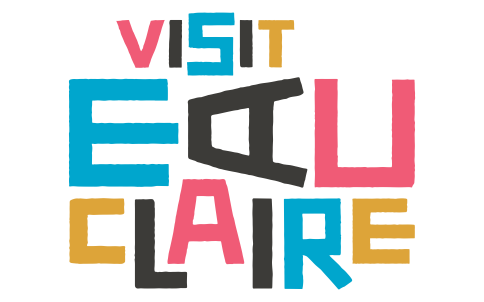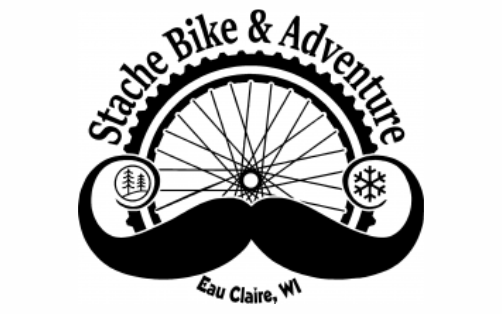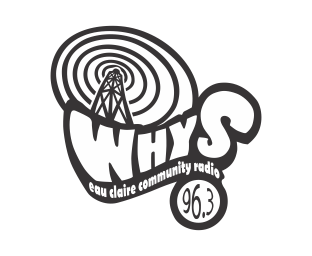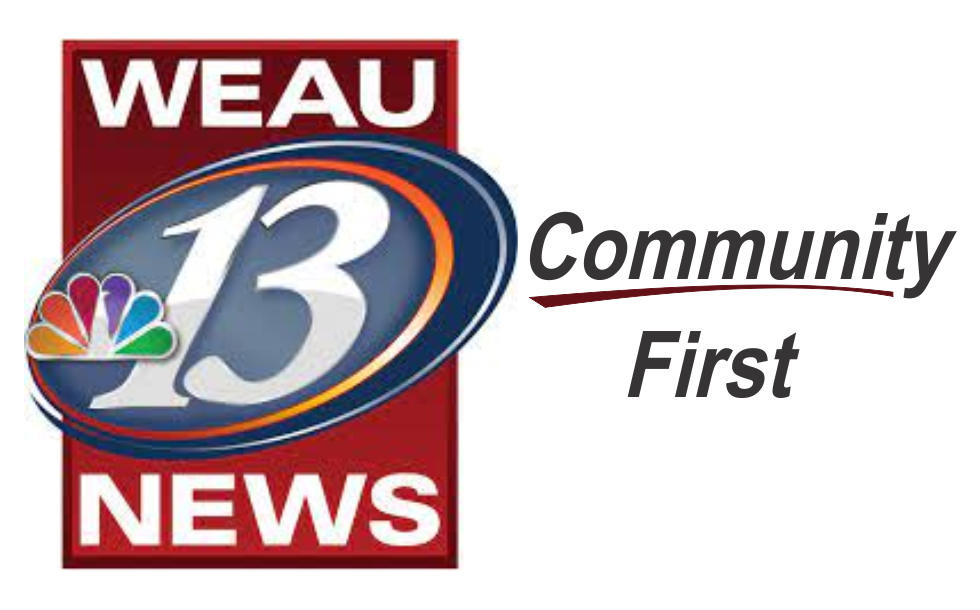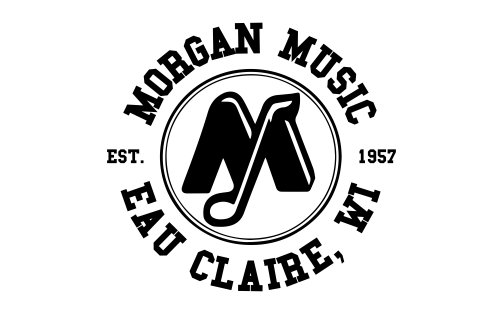Charlie Parr
Charlie Parr and I both come from Austin, Minnesota, a meatpacking town down near the Iowa border. I had a few dim encounters with Charlie back in our hometown, but I think we were both sort of phantoms in that place, bouncing around looking for the portal out, and by the time I became aware of him I was definitely a short-timer, and Charlie—who was a few years younger than I was—was just another bored kid hanging out in somebody’s basement and bashing along to a Who record.
One of the nice things about Austin in those days was that though it wasn’t quite a little village (according to the Sonny Boy Williamson definition), it was small enough that from pretty much anywhere in town you could walk or ride your bike straight out into the fields, where you could disappear for hours at a time, kicking around in the creek or walking the railroad tracks and dreaming yourself free of the place. There were regular UFO sightings, a Satanic Panic, and gravel roads and wooded hideouts around town—Toke Road, Martian Land, Paradise, Seven Hills (“Beyond Toke Road lies Martian Land. Beyond Martian Land lies Seven Hills. Beyond Seven Hills lies Paradise. Beyond Paradise is nothing worth partying about”)—where adolescents could congregate for keg parties. There was the annual Austin Artist Series, which brought Sun Ra and his Arkestra --"Modern Jazz Combo from Chicago"-- to the Austin High School auditorium in 1964 ("This place has positive vibrational energy," Ra told a reporter for the Daily Herald). That same season the Artist Series also featured The Fred Waring Singers, Ferrante and Teicher, and Bobby Burgess and Barbara Boylan (“Famous Dancers from The Lawrence Welk Show").
Charlie was lucky enough to live right at the edge of town, at the end of a gravel cul-de-sac. His backyard abutted a field—“Soy beans one year, corn the next,” Charlie remembers. “The corn field was better. You could go in there and hide.”
Austin was a challenging place to be an adolescent with any sort of unconventional or eccentric dreams. In order to survive—and eventually escape—most of us who left for elsewhere became mythmakers, and to this day I’m never sure whether my memories of that town (or the memories of my fellow ex-pats) are truth or fiction. It’s uncanny, really, how we all seem to have been drawn to the same constellation of strange places, experiences, and diversions. Together over the years we’ve built an almost wholly imaginary town that only really exists in our collective memories. But that mythology was essential, and we took it with us when we left, embellishing it as the years went by. It’s all over Charlie’s songs, and in the stories he writes and tells. And for me now the town in my memory is equal parts film noir set, confounding treasure map, and communal hallucination. It seems to grow more sprawling with every passing year.
In the days before the Internet came to Austin, we had precious little idea about what was out there beyond the fields, or even who we really were, other than smalltown oddballs with a severely limited worldview. The foundations for our nascent mythology were anyone and anyplace in town that didn’t look or function like other places or people, any music that didn’t sound like the music on the local radio stations, any books that were unlike the books we were tasked with reading at school, and any movies that showed us different versions of the world than the only one we knew. Thus, any records, books, or movies that fit these criteria and were somehow smuggled into town had the potential to change our lives.
The Austin Public Library, for instance, had a record room on its second floor that was, improbably, chockful of obscure (at least by Austin standards) and astonishing albums. A curious kid in an overwhelmingly white town could blindly check out records by Ornette Coleman, Sun Ra, Thelonious Monk, Dave Van Ronk, Howlin’ Wolf, or Jimmie Rodgers. In those days—the 1970s—every book and record in that library had a pocket attached to it that held an index card that you would sign when you checked it out. These cards were forensically useful; often I would discover that I was the only person who had ever checked out a record, but over the years I began to take careful note of the other people who did check out the records and books that I found of particular (and peculiar) interest. These, I instinctively realized, were kindred spirits, and I was determined to track them down. I usually did, and many of them became lifelong friends.
That library had a set of Harry Smith’s “Anthology of American Folk Music” in its collection—albeit without proper covers or liner notes—and for several years my name was the only one that appeared (six different times) on that index card. Then, one day after I’d moved away and was home for a visit, I was startled to see another name on the card. It was sort of like discovering another pair of footprints on a deserted island where you’d been stranded for years. That name on the card was Charlie’s.
I didn’t run into him again in the so-called real world until I stumbled into some Minneapolis bar many years ago and saw him playing a National guitar like he’d been born with it in his hands.
Pretty much anything you need to know about Charlie’s biography you could probably imagine for yourself. It’s not of much interest to him, at any rate, and can’t explain how he does what he does, although maybe it can give some inkling of why: As a kid he rode his bike everywhere, hated school (and eventually dropped out), liked to be alone, wasn’t popular, tossed together a thoroughly unconvincing bear costume the only Halloween he remembers, and was initially exposed to music through the record collections of his dad (“this weird mix of old country, folk, and blues”) and sister (“Beatles, Stones, Grateful Dead…stuff like that”). His mom eventually got him a cheap guitar and stereo, and he “started making a little collection of records.” He spent hundreds of hours alone in his room teaching himself to play. “There was nothing overly memorable about my childhood,” he says. “I guess I was a typical ‘70s slacker kid, but I became obsessed with a couple records—Mance Lipscomb’s “Texas Songster” and “Blues in My Bottle” by Lightnin’ Hopkins. I wanted to play like that, but there was nobody teaching guitar around town who was going to teach me to play like that, so I just went about trying to figure out how to play it on my own.”
There were some menial jobs, a first car (“a 1973 Ford Pinto, the exploding version. I loved that weird little car”), an aborted first gig at Lefty’s Bar on the Eastside. He played pinball at the Terp Ballroom, scrounged in the Salvation Army thrift store across the street, hung out with his dad at the Lansing Speedway or Harry’s Café, and then he was gone, headed for Minneapolis, and Duluth, and then out into the world, shapeshifting every time he climbs on a stage.
Eventually, as he rummages through his memories and starts to lose steam, Charlie throws up his hands. “A biography doesn’t really make any sense to me,” he says. “I don’t know how any of that explains the music. I really feel like the music should be able to stand on its own. I don’t know that people need to know that I’m awkward and shy and introverted, or maybe they can figure that out on their own. I’m just an old seven-year-old, is all I am. But talking about all this, it just feels like everything is mythology. All that stuff I connected with in Austin is gone, or maybe it never existed. I was bored out of my mind until I got that little car, and then I felt free. I was out in the world. It’s pretty much the same today. I get cleaned up and get in the car and drive. I’m just moving all the time. I go someplace where I don’t feel comfortable, and I don’t feel comfortable telling anybody that I’m uncomfortable, so I just leave. I’ve done that regularly throughout my life. I’m a master of that, the Irish Goodbye. I just get up and leave when I don’t feel good; it feels bad to stay and worse to say it, so I just go. I’m driving and I feel good again. That’s my spot. That and getting to sit down and play, just get up on a stage and play songs. Playing music feels like a meditation to me. Even on stage it feels like a solitary endeavor. Which is really why I enjoy writing so much now, because it’s a solitary thing, and I don’t feel particularly accountable for anything I do. The songs are just made-up little things. It feels weird when people ask for explanations. Anything you explain to anybody is just going to lead to something else that needs explaining. So where does it end, really? I love touring and performing—they’re my favorite things—but when you’re recording there’s this stupid notion that you’re trying to make something for the ages. But nothing’s for the ages. Nothing’s permanent.”
Charlie’s new record, “Little Sun” represents not so much a departure, as a natural evolution of what he’s done, all the music he’s absorbed, and where he’s going. Recorded with an ace band and copacetic producer Tucker Martine at his Flora Recording and Playback studio in Portland, “Little Sun” is a shambling thing of beauty, rollicking one moment (“Portland Avenue,” “Boombox,” “Ten Watt,” “Sloth”) and out-of-body ecstatic the next (“Bearhead Lake,” “Pale Fire”). The sound is warm, the vision neighborly and fiercely humanistic. It’s got a huge, beating heart and flights of pure mysticism. It’s a perfect companion to Richard and Linda Thompson’s “Pour Down Like Silver.” Or imagine if Bob Dylan had made Van Morrison’s “Astral Weeks.”
“Recording is not my favorite thing,” Charlie says, “but I really felt good about the whole experience in Portland. It snowed the whole time, and I just walked to the studio and hung out and it felt totally comfortable, which is unusual for me. There was just this amazing group of musicians. Recording is difficult, but I loved working with Tucker, and we became good friends. It was a band recording, but it’s always important to me that the songs have solo counterparts, and that seems to work. I feel like they make sense on their own, and I always figure if I can make sense of them, I’ll be fine.”
At the end of a long, rambling conversation, Charlie pauses and thinks for a long moment, and then adds, “I should for sure mention that I have two kids. I really like them a lot. I love them, of course, but I really like them, that’s the important thing. They’re good kids, and I’m really big fans of both of them. That’s something I would never change for anything. Their mom is also great. We’re long divorced, but we’re good friends, and that helps a lot. I recently got remarried, and the woman is really amazing. We get along like peas and cheese. When I’m not taking care of the kids, I’m on the road. That’s really it. That’s really all I want, and I’m guessing this is the way it’ll probably always be. I’d be happy if that were the case.”
[Note: peas and cheese is a popular salad in Austin, made up of frozen peas, cubed Velveeta, and mayonnaise. Charlie says, “It tastes exactly like it sounds.”]
